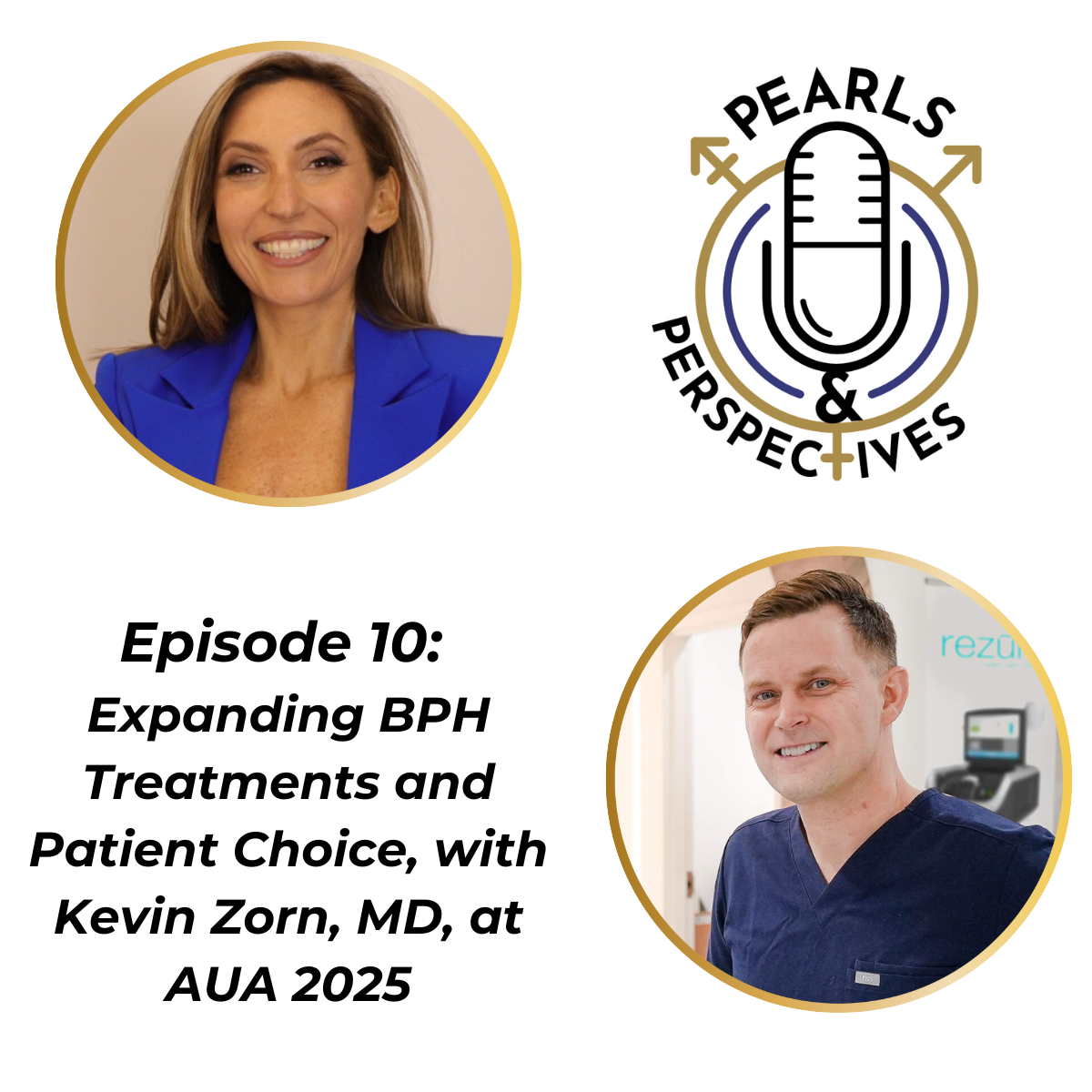Opinion
Article
Expert: AI’s transformative impact can combat burnout crisis in urology
Author(s):
“We went to medical school to take care of patients, not to service the computer, which is what we do for a large part of our daily work," said Inderbir Gill, MD.
While the potential clinical applications of artificial intelligence (AI) are endless, Inderbir Gill, MD, is particularly excited about the technology’s capacity to alleviate burnout among urologists by drastically reducing their administrative burden.
“The solution [to the burnout crisis] needs to automate redundant, repetitive, scribe-like tasks and automate the clinic workflow. AI can decrease work and increase rewards today," said Inderbir Gill, MD.

“We went to medical school to take care of patients, not to service the computer, which is what we do for a large part of our daily work. And this is because we are doing multiple daily mundane tasks—mundane, repetitive, scribe-like work that just drives us into the ground and takes away the joy of medicine. Fortunately, there is a good potential that AI can do this mundane work for us, leaving us for higher order tasks—the ‘top of the license’ tasks that we went to medical school for,” said Gill during his presentation on AI in urology at the 2023 LUGPA Annual Meeting.
Gill, who is chairman and Distinguished professor of the Catherine and Joseph Aresty Department of Urology, founding executive director of the USC Institute of Urology and associate dean for clinical innovation, began his discussion by highlighting several statistics underscoring the demoralizing impact of the administrative burden on urologists. He cited a study showing that 74% of physicians’ time is spent using electronic health records during outpatient sessions.1 “We spend [three-fourths] of our day in the outpatient clinic just ‘hanging out’ with electronic health records,” said Gill.
He tied this administrative burden to the sobering reality that over half (54%) of urologists experience burnout, making urologist the occupation with the highest burnout rate among all jobs in the United States.2
Gill sees AI as a solution to this crisis. “The solution needs to automate redundant, repetitive, scribe-like tasks and automate the clinic workflow. AI can decrease work and increase rewards today.”
He explained that on average, it takes a physician 20 minutes (range, 10 to 60 minutes) to create a new patient/clinical note for an electronic medical record (EMR). His goal for alleviating burnout with AI is to use the technology to “shave 7 to 10 minutes off the time it takes to create this note, thereby decreasing this mundane work and returning back to the physician 1 to 2 hours per clinic.”
He focused on generative AI, which refers to algorithms, such as ChatGPT, that can be used to process prompts from users to create new content, such as audio, text, and videos. Specifically, Gill described EMR AI applications that are currently being used to reduce the amount of time urologists spend with EMRs.
Patient-generated intake platforms
Gill said the primary AI breakthrough that will reduce physician EMR time is patient-generated intake platforms used prior to the initial physician consult. Gill noted that there are 3 main platforms for this technology being used: Phreesia, Health Note, and NovelAI. According to Gill, the first 2 platforms lack clinical detail and depth, as well as the capacity to extract information from outside records.” However, NovelAI, he explained, provides this detailed clinical data and is helping to “automate the outpatient clinic.”
With NovelAI, Gill said, after a patient calls the physician to set up an appointment, the practice sends a link to them with a specialty- and patient-specific adaptive questionnaire that mirrors the questions a physician would ask them in real-time in the clinic. The AI application also has a component that allows you to upload a patient’s outside records—their PSA data, MRI scans, PSMA-PET imaging, bone scans, etc. The AI platform then extracts only the relevant information from these outside records and combines it with the responses the patient provided on the intake questionnaire and automatically generates an editable note for the EMR prior to the patient being seen by the physician.
With this pre-consult, AI-generated clinical note in the EMR, Gill said that during the actual in-person consultation, the physician can then “confirm that the information generated by the AI platform is accurate, do the examination, finalize the management plan, and sign off. And the only work done prior to the patient being seen is done by your team sending the link to the patient.”
So with this process “saving 7 to 10 minutes, it translates into 1 to 2 hours saved per clinic,” said Gill.
Physician-generated AI-scribing platforms
Gill also referenced 3 physician-generated AI scribing platforms that physicians can use during the consult: Nuance, DeepScribe, and Abridge AI. All of these are voice recognition, speech-to-text applications used during the patient consult that will “save time by taking away the typing we have to do for EMRs.”
In his concluding remarks, Gill emphasized that beyond using AI in the specific capacity he described, urologists need to embrace the technology across all facets of their field.
“If as a specialty in urology we do not really embrace this, or at least critically explore it, we are going to be the losers. AI is going to be all pervasive in our lives and also in medicine and healthcare.”
References
1. Overhage JM, McCallie Jr., D. Physician Time Spent Using the Electronic Health Record During Outpatient Encounters: A Descriptive Study. Ann Intern Med. 2020;172(3):169-174. doi: 10.7326/M18-3684
2. Medscape's 2020 Physician Burnout Report Finds Main Causes and Coping Mechanisms Differ by Generation. Published online January 15, 2020. Accessed November 3, 2023. https://www.prnewswire.com/news-releases/medscapes-2020-physician-burnout-report-finds-main-causes-and-coping-mechanisms-differ-by-generation-300986764.html
Newsletter
Stay current with the latest urology news and practice-changing insights — sign up now for the essential updates every urologist needs.

















